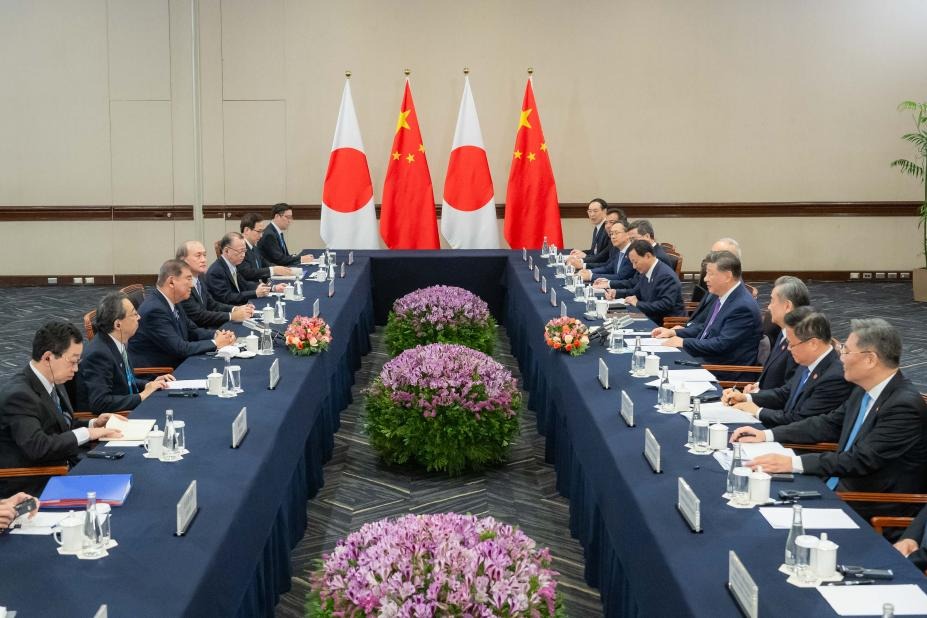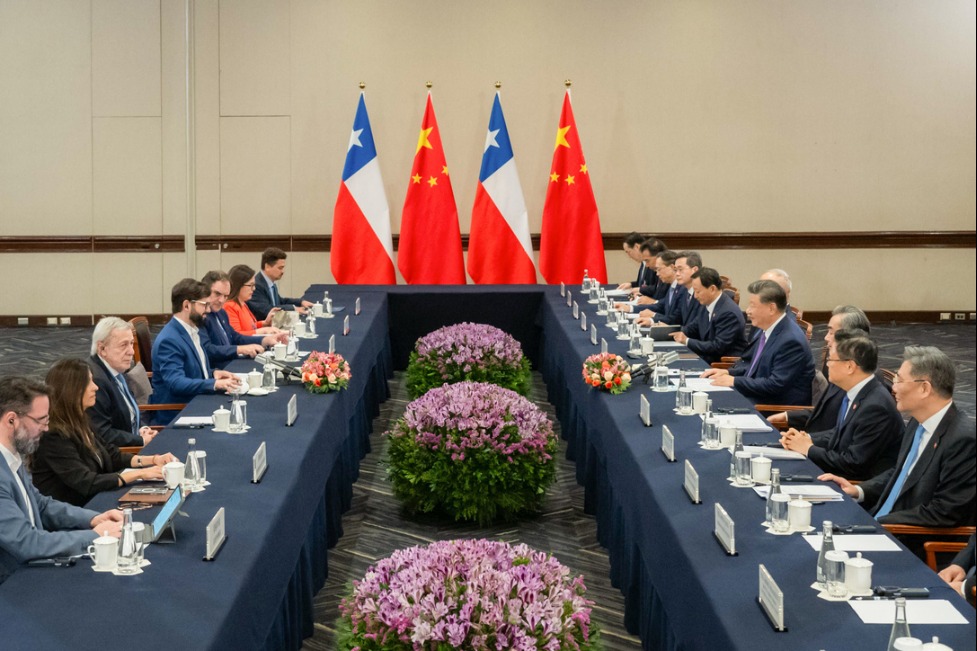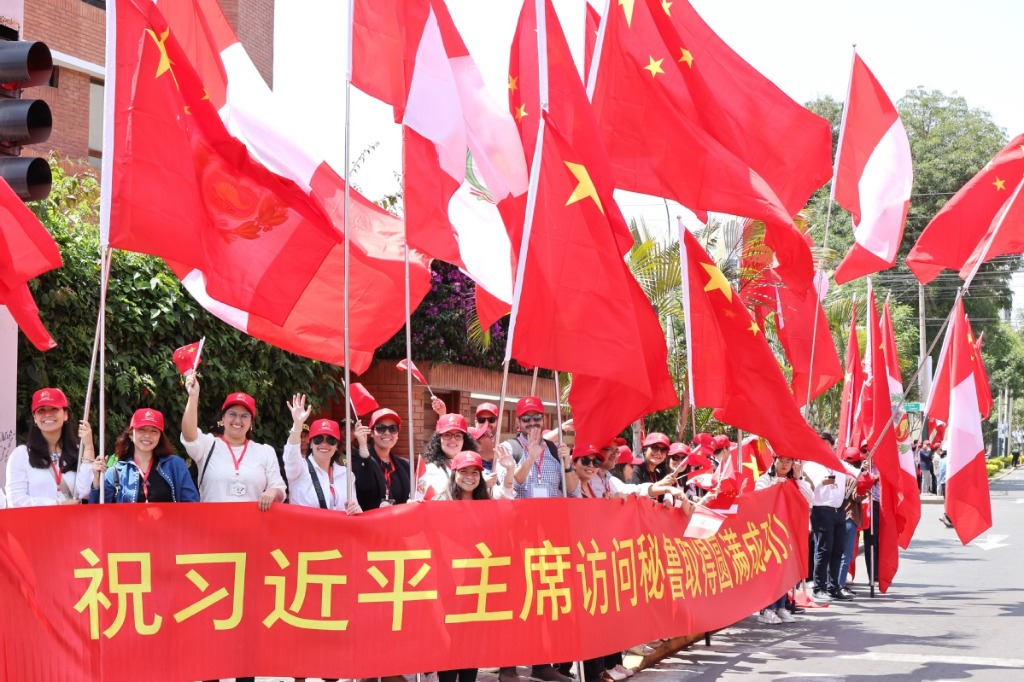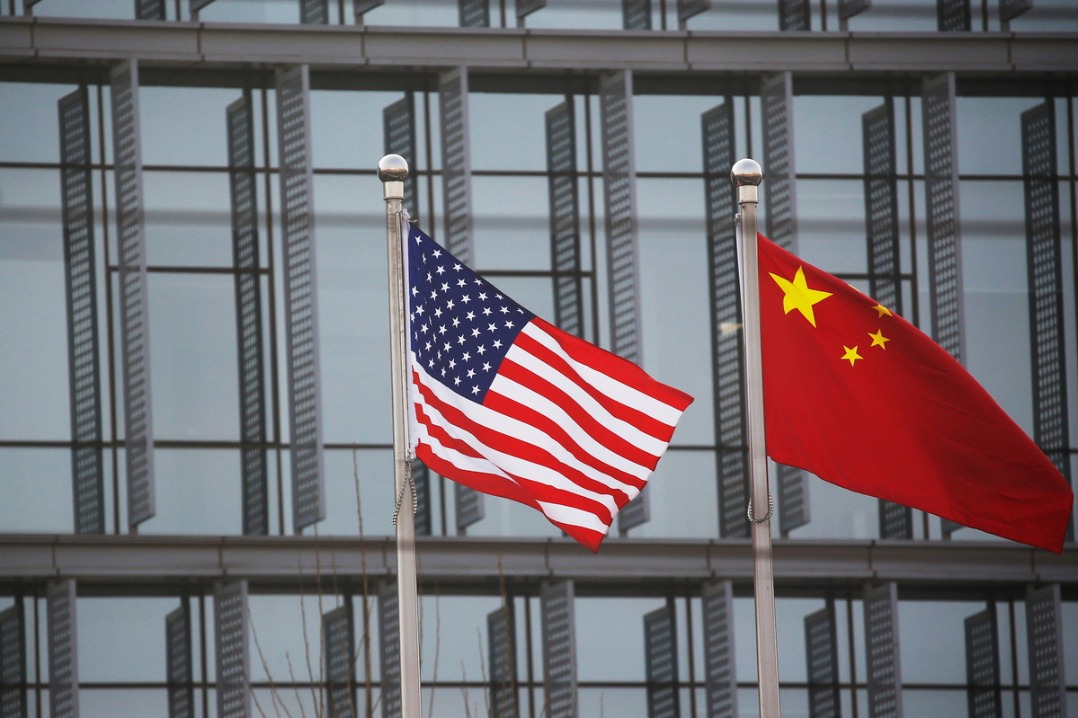Barometric visit indicates pressure on ties easing: China Daily editorial


Australian Treasurer Jim Chalmers' upcoming China visit is a further sign that the two countries are continuing their efforts to inject vitality into bilateral ties through frequent high-level interaction. Such exchanges are instrumental in anchoring the overall bilateral ties to a stable and healthy terrain after years of tensions and estrangement.
Speaking to Australian Broadcasting Corp on Sunday, Chalmers said his visit, dubbed a "strategic economic dialogue", is scheduled for the final week of September and will include talks on the remaining trade restrictions on imports of Australian lobster as well as Australia's foreign investment rules covering sectors such as critical minerals.
This will be the first visit by an Australian treasurer in seven years, indicating the positive trend that has developed in bilateral high-level communication since the Anthony Albanese government took office. As a barometer to gauge the temperature of bilateral ties, it marks the easing of the pressure that had been building up under the previous Australian government. As long as the two sides engage with each other with mutual respect and mutual understanding, they can work together to facilitate trade and economic cooperation, which is significant and has yielded various benefits for both countries.
The symbiotic economic relationship that had been fostered was unnecessarily put under stress by the previous Australian government under the influence of Washington.
Since taking office in 2022, Prime Minister Albanese's government has made a significant departure from his predecessor's hostile policy toward China, and pushed instead for easing tensions and building a rapport with China. In response, China has lifted a slew of trade restrictions on Australian products, which have effectively put bilateral trade and economic cooperation back onto the right path.
In the first six months of this year, a strong bounce-back in Australian coal exports resulted in them accounting for a large proportion of China's total imports of coal, with exports of coking coal from Australia to China jumping from 2.16 million tons in the first half of 2023 to 6.56 million tons in the same period this year, according to BigMint's ship-tracking data.
After the two countries resolved their trade dispute over wine in May, major Australian wine producers are now looking to reclaim their leading position in the Chinese market, with statistics from the Australian side indicating that in just one month after the duties were removed on bottled wine, Australia exported more than $86 million worth of quality wine to China.
During his visit to Australia in June, Premier Li Qiang announced that China would grant visa exemptions to Australian citizens, a move that immediately saw a surge of interest in China-bound tourism in Australia, a healthy development that can contribute to deepening people-to-people understanding.
Since 2009, China has remained Australia's largest trading partner, export market and import source for 15 consecutive years. In 2023, bilateral trade in goods increased 4.1 percent year-on-year, while Australian investment in China increased 11.7 percent compared to the previous year.
The trade relationship has also facilitated the exchange of technology and best practices between the two countries, while collaborative initiatives in research and development, renewable energy, and other high-tech sectors have enabled both nations to benefit from each other's expertise.
It is essential that both countries work together to manage any challenges that may arise and continue to maintain their mutually beneficial economic partnership that supports sustainable growth and cooperation in the long term.
As long as Canberra respects Beijing's core interests, treats it as an equal partner, not a threat, and steers clear of Washington's disruptive designs, the prospects of their meaningful, pragmatic cooperation will be even brighter in the future.
This would also contribute to regional stability and prosperity in the Asia-Pacific, as their economic cooperation and interdependence play a crucial role in maintaining peace and stability in the region.


































